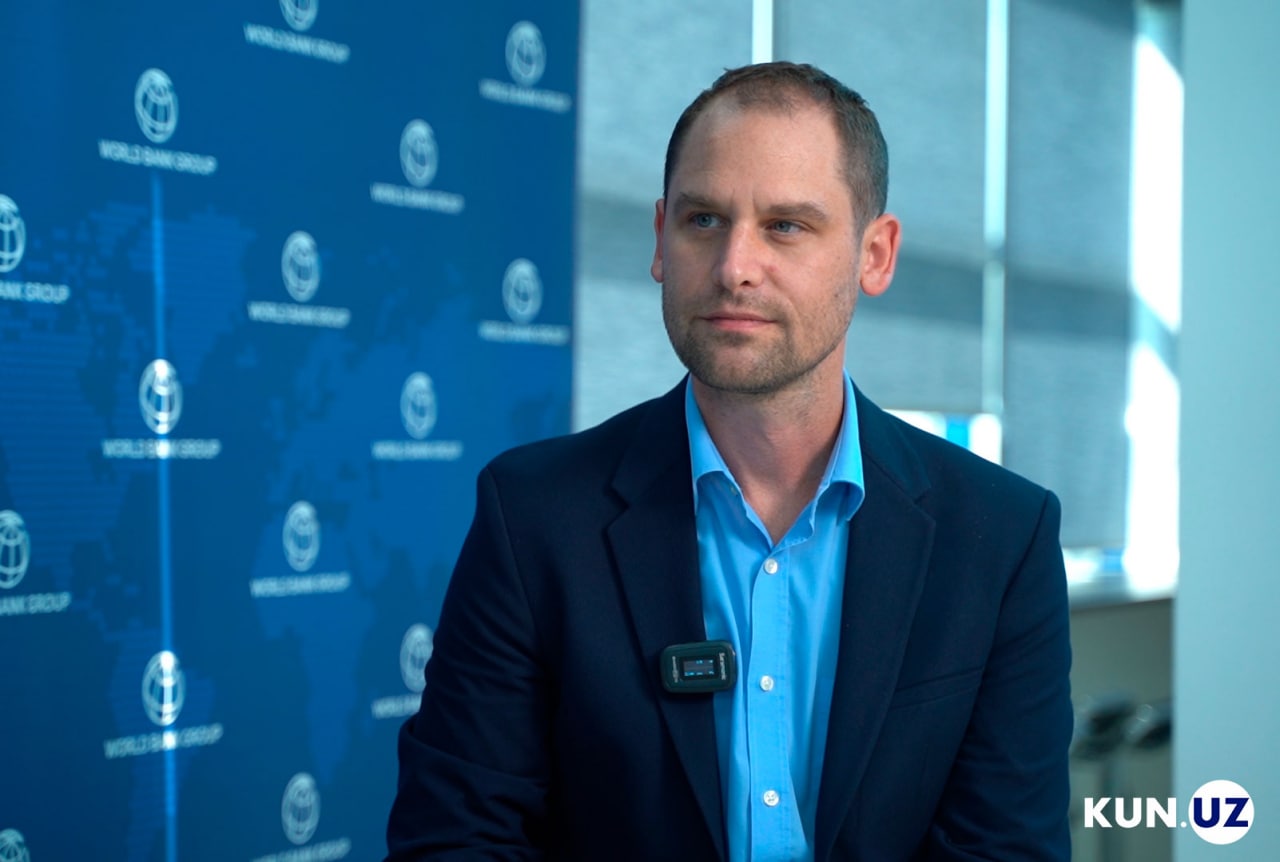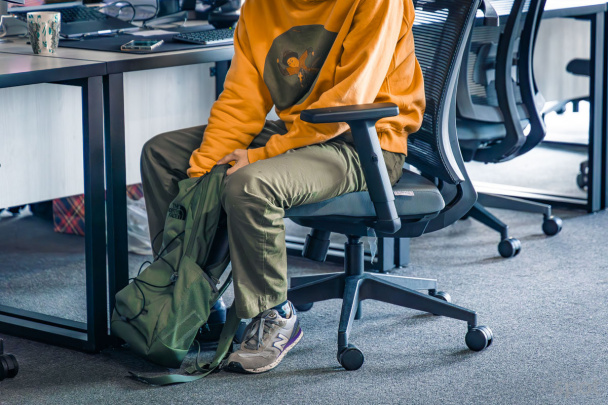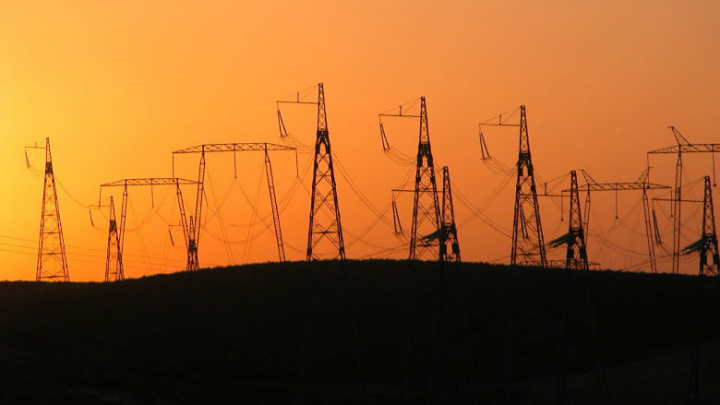WB economist warns of risks of privatization in Uzbekistan
The government’s reform program foresees significant privatization of land and state-owned enterprises in the coming few years. These are very important reforms for Uzbekistan’s economic future, but they come with risks, says William Seitz, a World Bank Senior Economist, in his interview for Kun.uz. Oligarchs have been created by similar reforms undertaken in some other countries, so Uzbekistan’s reform agenda should learn from those lessons.

Photo: kun.uz
In the recent report published by the World Bank, it says that the risk of state capture by vested interests and the creation of oligarchs in Uzbekistan is likely to peak by 2025. What impact these and other economic and social developments might have on the income inequality in Uzbekistan?
Kun.uz addressed these questions to William Seitz, a World Bank Senior Economist working in the countries of Central Asia.
- What measures does the World Bank recommend for governments to take to reduce the level of inequality in the member countries?
- There are various measures that can be used to help improve the progressiveness of redistributive fiscal policy. These could be policy measures such as a strong pension system, or targeted social protection programs aimed at covering the poor.
Why can they mechanically reduce inequality in society? Because with the help of these programs, it is ensured that the lower strata of the population – those in need of social protection – have funds for their needs.
A progressive tax system can also help in this regard. High earners pay more, and low earners pay less tax.
In many countries, the problem of inequality is spatial, that is, the opportunities available to people are determined by where they live. Often, when countries have good levels of mobility, it is easier for people to move to places with more opportunities, which can contribute more to reducing inequality.
The last but one of the most things is access to high-quality education. This is related to the development of human capital. Lack of mobility should not deprive people of access to education or should not adversely affect the use of health services. These basic needs help improve their lives and are key mechanisms in reducing inequality.
- The World Bank last published a report on inequality in Uzbekistan in 2003. How much has the situation of the highest earners and the lowest earners changed over the past period?
- Our report “Systematic diagnosis of the country” has recently been published. We have analyzed this issue. Long-term benchmarking has its own complexities. Because it has been a long time. In our research, we tried to cover the period from 2015 to now. We paid attention to the change in the incomes of lower and upper strata during this period.
The bottom line is from 2015 to 2017, income was growing slower than inflation, so the poverty rate was still increasing despite economic growth. But after 2017, incomes grew faster than inflation, and that reduced poverty.
According to the statistics we have analyzed, the incomes of the population have increased since 2017, and the incomes of the general population have also increased in the regions in various ways, including money transfers.
The problem with this was that the incomes of the top 10 percent of the population grew faster than the bottom 10 percent. Therefore, we need to follow this process very closely to understand in which direction it will develop. Looking at the 2019 data, incomes have been growing, and as mentioned, the incomes of high earners have grown faster than those of low earners.
- Can you describe the factors and external influences affecting income inequality in Uzbekistan?
- There are several external shocks. Global inflation growth is a common factor for all Central Asian countries, especially for Uzbekistan. Food prices are rising at a very fast pace, and their prices are rising faster than anything else people buy. This is particularly difficult for low-income people, who spend most of their money on food.
The COVID-19 pandemic has also been one of the biggest shocks to the world. This has disproportionately burdened those with less access to the social protection system. They were unable to work for a certain period due to security reasons, because fell ill or were exposed to other serious risks, and this led to an increase in inequality. We do not have data for Uzbekistan, but it was observed around the world. We think that a similar situation happened in Uzbekistan.
There are very important aspects of inequality in Uzbekistan, one of which is monthly salaries.
Countries that have succeeded in reducing inequality have often done so by raising wages. That is, it is the most common type of income that people receive. When wages rise, it also reduces inequality.
There is another aspect specific to Uzbekistan: mobility. Countries that have reduced inequality have achieved income convergence faster. The incomes of the poor grew faster than the rich and thereby caught up with them. We can observe this in places where there is more mobility, that is, people change their jobs quickly, thereby also changing their place of residence. They move from places with lower wages and fewer jobs to places with more jobs and higher wages.
If we look at the case of Uzbekistan, the average monthly income in Tashkent is 2.7 times higher than in other regions. Many people move to Tashkent or other places that offer a high salary. This is one of the most effective ways to reduce inequality in the country. However, the level of population mobility was low in Uzbekistan for a long time. That is, increasing mobility in Uzbekistan can contribute to reducing inequality.
Creating jobs and better education for young people can help reduce inequality. It is also important that there are jobs for women. A situation has arisen in Uzbekistan where the participation of women in the labor market is relatively low. There is discrimination in terms of employment for women.
- In the recent report, the World Bank says that the impact of economic growth on reducing poverty in Uzbekistan is decreasing. What do you think is the reason?
- This is one of the problems Uzbekistan is experiencing today. And one can see that the government is taking active steps to reduce poverty through various policy measures.
If one analyzes Uzbekistan’s economic development since 1991, over the past 20 years growth has been concentrated in activities linked to natural resources. But that is not the sector where most workers (especially low-income workers) are concentrated. Most workers are concentrated in the agricultural and services sectors. These are examples of sectors that need to become more dynamic and competitive to quickly generate inclusive growth.
Namely, the agriculture sector – it can have more added value, it should be more efficient, and thus the payment for labor would increase. In this way, people can be lifted out of poverty.
If we take the service sector, competition should be ensured in this sector. That is, with this, the necessary environment for their development will be created. The government’s focus should be on areas with the most potential and people with less opportunities.
- In the above-mentioned report, the World Bank says that the risk of state capture by vested interests and the creation of oligarchs in Uzbekistan is likely to peak by 2025. Does this mean that income inequality across the country would increase if these developments materialized?
- The government’s reform program foresees significant privatization in the coming few years. These are very important reforms for Uzbekistan’s economic future, but they come with risks. Indeed, oligarchs have been created by similar reforms undertaken in other countries.
Uzbekistan has the opportunity to learn from the experience of countries that have implemented extensive reforms, such as privatization, from previous mistakes. They have moved to a more market-based economy. The prospects are great, it is clear that if privatization reform is properly implemented, it will contribute to the growth of incomes in the country. If it is not implemented properly, it will have negative consequences such as increasing inequality.
If the privatization of land and state-owned enterprises is not implemented in line with the effective legislation and if transparency is not ensured, there are many risks in this situation. We have pointed out these risks in our report. Bearing in mind the plans to privatize the large state-owned enterprises in the next 2-3 years there are risks that the vested interests of certain groups might dominate.
There are also great opportunities in this process. We do not want to say that Uzbekistan should not implement these reforms, we want to stress that it should take necessary precautionary measures to avoid the mistakes of other states they experienced during the transition to a market economy, including the creation of oligarchs. If these measures are implemented properly, the citizens of Uzbekistan will benefit greatly.
- Did the World Bank analyze any specific cases when forecasting the risk of oligarchy? Can you give examples of these cases?
- The privatization process carried out in Uzbekistan after independence was quite limited. The privatization rate of large state-owned enterprises was very low, and they still belong to and operated by the state. But in other countries of the former Soviet Union, most state-owned properties have been privatized. They have used different strategies to do this, some countries have been more successful than others.
Uzbekistan is in such a position that it does not need to think again about what the risks are because the government can look at the experience of other countries that carried out privatization processes and learn which things have been successful or unsuccessful in such processes.
Our report refers to historical lessons. Given that privatization processes are important and risky, learning from the lessons of other is an important prerequisite for privatization in Uzbekistan.
Related News

11:41 / 13.02.2026
Uzbekistan to dissolve UzTest and privatize certification services

19:29 / 11.02.2026
Uzbekistan launches $100 million employment initiative with World Bank support

11:17 / 24.01.2026
World Bank approves $1 billion program to create Central Asia’s first regional electricity market

17:21 / 20.01.2026



